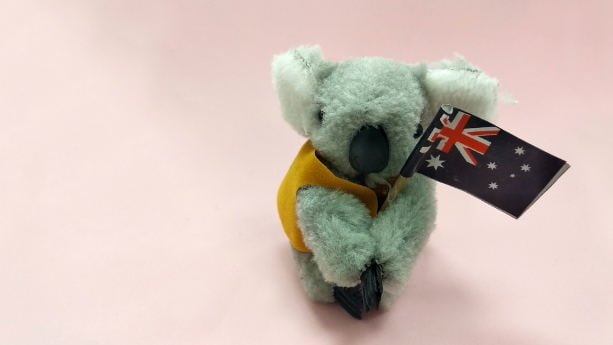
Planning to import and sell toys or other children’s products in Australia or New Zealand? In this guide, we explain what you must know about mandatory standards, heavy metals restrictions, testing procedures, and labeling.
Mentioned Products
- Kids clothing
- Kids equipment
- Toys
- Kids furniture
Content Overview

FREE CONSULTATION CALL (30 MIN)
 Ask questions about compliance requirements
Ask questions about compliance requirements Countries/markets:
Countries/markets:
 Learn how we can help your business
Learn how we can help your business
You will speak with:Ivan Malloci or John Vinod Khiatani
Product Compliance Scope
Regulated Products
Certain children’s products are subject to mandatory safety standards, listed on productsafety.gov.au. That said, some regulations are not applicable to specific products but cover all toys and children’s products or age groups.
Examples
- Toys containing lead & other elements
- Toys for children from 0 to 36 months
General Safety Requirements
Note that your product may still be subject to recall if it for any reason is deemed unsafe. This is the case regardless of whether mandatory standards apply to your product or not. Keep in mind that you can still choose to comply with either mandatory or voluntary AS/NZS standards.
As an importer, you should always aspire to ensure that your product is safe, regardless of whether or not there are mandatory standards in place.
AS/NZS Standards
AS/NZS standards are generally voluntary, but certain mandatory standards require that a product is compliant with one or more AS/NZS standards. Here are a few examples:
AS/NZS 8124.3:2003 ‘Safety of toys, Part 3—Migration of certain elements
Restricts arsenic, lead, mercury, cadmium, chromium and other heavy metals in toys and finger paints. Toys containing any of these substances in amounts above the limit (e.g. 25mg per kg) are illegal to import and sell in Australia and New Zealand.
AS/NZS ISO 8124.1:2002 ‘Safety of toys Part 1: Safety aspects related to mechanical and physical properties’
Standards concerning the design and construction of toys. This requires importers to take materials, sharp edges, loose parts, and other potential hazards into consideration.
AS/NZS Testing methods
Certain products must be tested according to methods outlined in applicable AS/NZS standards. Notice that such testing should only be carried out by specialized lab testing companies.
Labeling Requirements
Certain toys and other children’s products are subject to AS/NZS or other labeling requirements. As such, you need to ensure that your label files are compliant before you start production.
Product Categories
Children’s clothing
Mandatory standards apply to nightwear for children, such as baby sleeping bags and dressing gowns. The standard is based on AS/NZS 1249:2014, which regulates fire safety and warning labels.
In addition, fire safety testing is also mandatory when importing and selling nightwear for children in Australia.
Care labeling for clothing & textiles
Mandatory care labeling requirements apply to all clothing products, including nightwear for children. As such, you need to ensure that your product labels are also compliant with AS/NZS 1957:1998 Textiles – Care labelling
- General care
- Warnings
- Washing
- Drying
- Ironing
- Dry-cleaning
Toys
Mandatory safety standards are in place for aquatic toys, balloon blowing kits and toys containing magnets. In addition, lead and other elements are regulated in all toys, while additional standards apply to all toys for children up to 36 months.
Applicable to all toys
- Toys containing lead & other elements*
- Toys for children from 0 to 36 months**
*All toys can potentially contain lead and other heavy metals. As such, lead and other heavy metals restrictions apply to all toys and importers must verify compliance through third-party lab testing.
**Also apply to toys commonly recognized as meant for children up to 36 months, regardless of whether the product package states something else.
Mandatory product standards
- Projectile toys
- Aquatic toys
- Toys containing magnets
- Balloon blowing kits
More than one mandatory standards may apply
Note that one product can be covered by more than one set of mandatory standards. Projectile toys, for example, are subject both to mandatory product-specific standards, and heavy metals restrictions.
Children’s furniture and equipment
Mandatory standards apply to children’s furniture and equipment, such as bunk beds, strollers, and swimming aids. Here’s an overview of product categories:
- Baby bath aids
- Baby dummies and dummy chains
- Baby walkers
- Bunk beds
- Car child restraints
- Household cots
- Folding cots
- Prams & strollers
- Swimming & flotation aids
Each mandatory standard outlines applicable AS/NZS standards, testing requirements, and labeling requirements.
Checklist
1. Do mandatory standards apply to my product?
2. Which AS/NZS standards apply to my product?
3. Which labeling requirements apply to my product?
4. Which mandatory testing procedures apply to my product?
5. Which chemicals and/or heavy metals are restricted?
6. Are the mechanical and physical design properties of my product compliant?
FAQ
How do I know if a product found on Alibaba.com is compliant?
You can either review their company page or request a test report. That said, it’s extremely rare to find suppliers with existing AS/NSZ test reports valid in Australia. As such, the best you can do is to look for suppliers holding EU or US test reports.
Here are a few examples:
- REACH
- EN 71
- ASTM F963
- California Proposition 65
Keep in mind that these test reports are not valid in Australia, but can be used to assess if a supplier has the capability to manufacture a product in compliance with Australian and New Zealand safety standards.
A product that can pass EU or US safety testing can normally also pass AS/NZS testing.
Can I request a test report from my supplier?
Yes, but as I already mentioned, it’s unlikely that you will find suppliers with all necessary test reports. As such, supplier test reports are normally only used to assess a supplier’s capability to manufacture compliant toys or other children’s products.
That capability matters, as most manufacturers in Asia don’t have experience manufacturing products according to strict safety standards in developed countries.
How do I know which AS/NZS standards apply to my product?
Each mandatory standard on productsafety.gov.au lists applicable AS/NZS standards that can be purchased from www.saiglobal.com. You can also find AS/NSZ standards on www.standards.org.au.
Is lab testing mandatory for children’s products?
Lab testing is the only way to verify if a product is compliant with applicable AS/NZS standards. If your product is covered by a mandatory standard that also specifies certain testing requirements, then you can assume that third-party lab testing is mandatory.
That said, lab testing is highly recommended for all children’s products, regardless of whether specific standards apply or not.
How much should I budget for lab test fees?
While it depends on the product, we recommend that you budget least AUD 1000 to 1500.

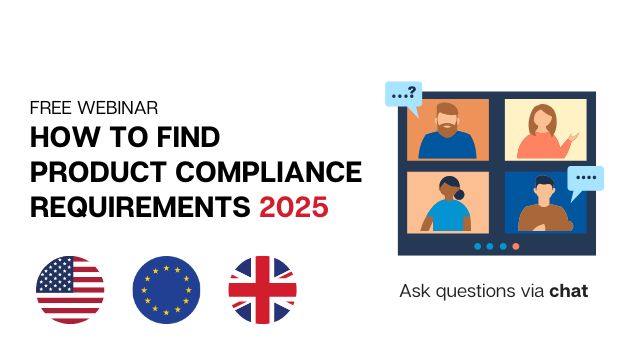
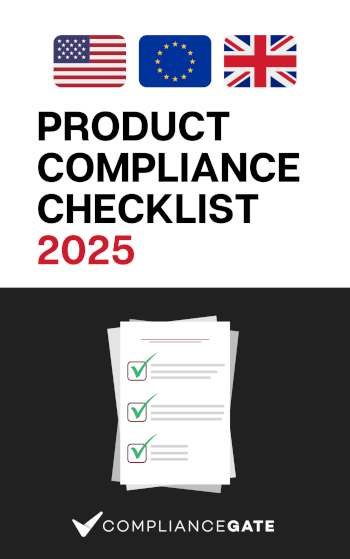

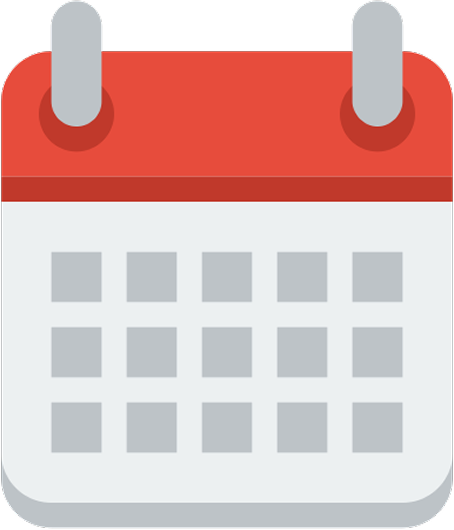


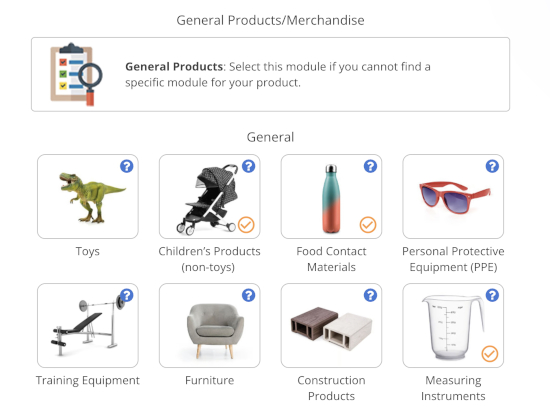




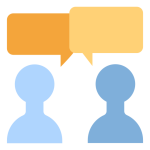
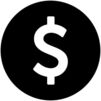
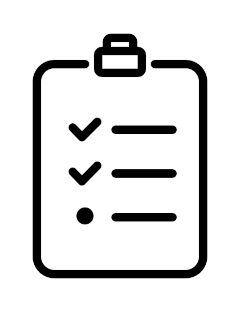


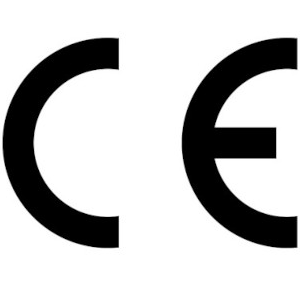




.png)
.png)
.png)
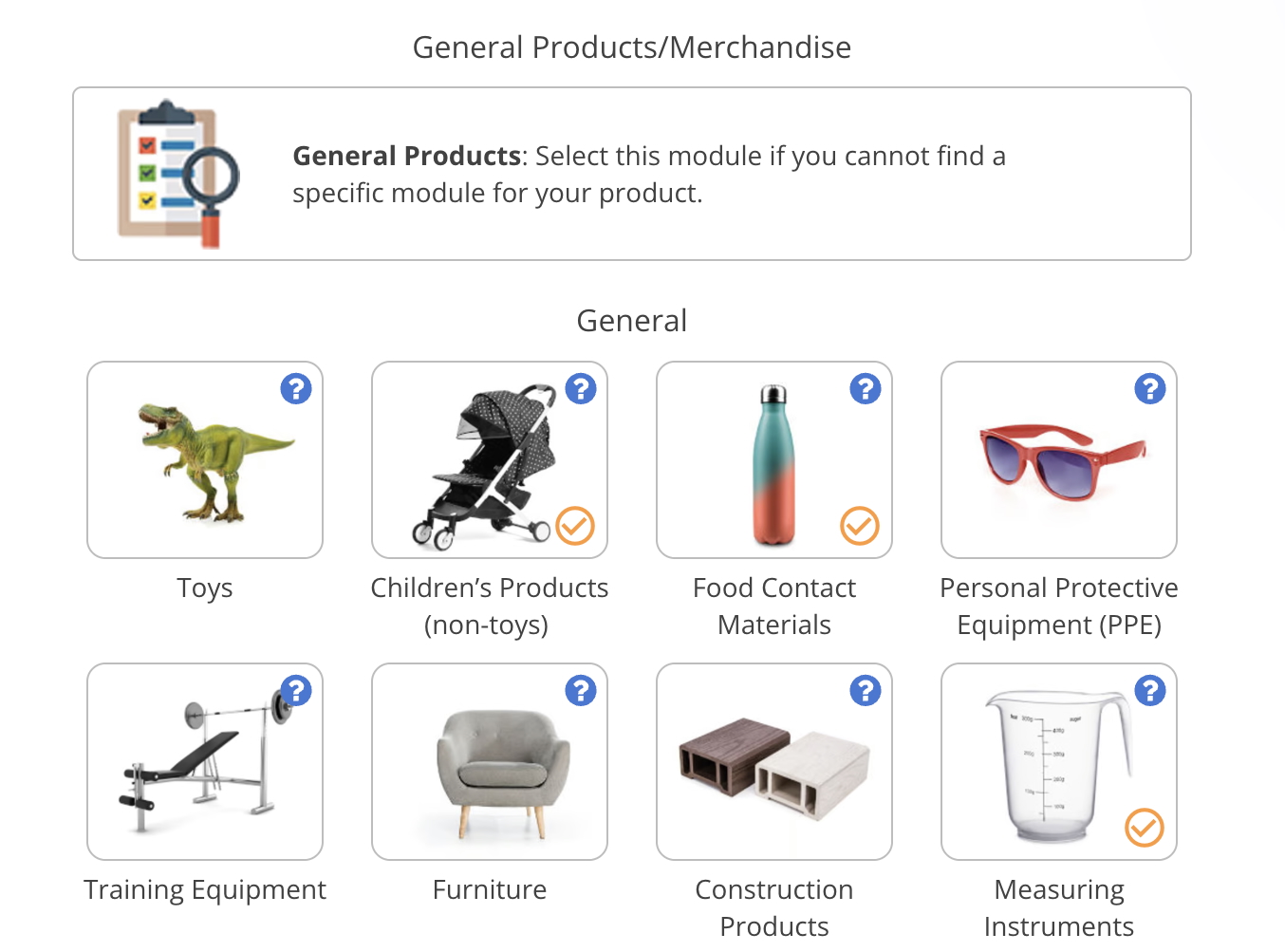


Purchased realistic plush toys from Alibaba, we have placed our own brand on these, what do i need to include on the sewn in label and is this necessary.
Hi Fedrik,
We want to import and sell baby playpen in New Zealand. Would the EN 71 report be enough to start selling?
Hi Frederik,
We already have an EN Certificate and a CPC for our product and we are now trying to get compliance to AS/NZS standards. Is it necessary to test every colour variation of the same product?
Hi Andrew,
Generally speaking, yes. That said, you should not need to repeat every single test for each color.
Hi Fredrik
Ive spent $10k on baby teethers and toys on alibaba in New Zealand. I just wanted to have a go at starting my own business with no experience I’ve jumped in and borrowed money and started selling them, but i haven’t had them safety tested!! I’ve just read about this now. how do i even start this process? and how much will it cost me i have about 10 different products
Hi Rachel,
If you plan to sell in Australia then I’d start by contacting this company: https://austest.com.au/
Hi Fredrik,
I am looking to sell handmade dolls clothes (for such dolls as Our Generation or other 18inch dolls in Australia). General children who play with these dolls are older than 36months. Do I need to attached a care label to these clothes?
Many thanks for your help
Judith
Toys are exempt from the mandatory sewn in care labelling requirement however it always a good idea to give instructions on how to care for a toy or its accessories .
Hi Fredrik, we order custom-designed plush toys, we have them safety tested by SGS before the final design is confirmed. My question is – does every order batch need to be tested if the design is the same (ie repeat order)? Or just the initial design?
Thanks for your info.
Can you recommed where to get products tested to ensure they meet Australian & NZ standards?
Reputable labs or testing facilities?
Hello Stacie,
You can find a list here: https://www.compliancegate.com/lab-testing-companies-australia/
Hi Fredrik,
I have received an order from Australia. But we only have EN71 testings, CE tag on our toys. I am not sure if I should ship the order to Australia or cancel it?
We sell handmade toys for babies and kids.
Thank you for your reply.
Hi Sha,
I don’t know if they would consider that sufficient in Australia. Is this a B2B transaction or an individual ordering your product?
Hi Fredrik,
Im wanting to make kids toy comforters/cuddle
blanket (generally aimed at 1 year old +) but unsure what testing or labelling i need.
Can you offer some guidance on where to look or what to do?
Regards
Samantha
Hello Samantha,
I suggest you start here: https://www.productsafety.gov.au/product-safety-laws/safety-standards-bans/mandatory-standards
Hello, I’m wanting to start a small online baby hamper/ baby gifts business selling things like baby rattles, teethers, bibs, pacifier chains and some toddler arts and crafts things. I have been buying my products for my baby hampers from the Chinese wholesale site Ali Express. I have just come across information that I need my products to comply with Australian Safety Standards before I can sell anything. Where do I even begin to do this? I just assumed because I was buying from online shops they would already meet the safety standards, but now I’m not so sure. What should I do because I have already invested a great deal of money into buying some products and would really like to sell in the near future? Any advice would be much appreciated! My business would just be small so I am worried about the financial side of things too now.
Hi Amy,
That’s an assumption many importers make, but it’s not the way it works. The likelihood that your Aliexpress supplier can present AS/NZS lab test report is zero. It doesn’t exist.
That doesn’t mean your products are non-compliant or unsafe – but it means you will need to arrange safety testing for every single SKU before you start selling.
Hi Fredrik, I think I already know the answer to this, but I just wanted to verify — is there 1 single compliance “test bundle” that can cover the regulations in multiple countries/regions? Namely ASTM F963, EN71, and the AS/NSZ standards? I currently sell in the US and already am compliant and certified to ASTM F963, but am hoping to expand to Australia and the UK. Would I need to pay to get the tests done for EN71 and AS/NSZ as well, or can the US ASTM F963 cover the requirements for import?
Thanks so much for your info as always.
Hi Emilia,
There may indeed be some overlap between the applicable ASTM, EN and AS/NZS standards – but I still think the best approach is to get the products tested according to EU and Australian/NZ standards if you plan to expand your market there.
Hi Fredrik
I’m wanting to start a small online business, building kids furniture as such as play gym frame’s, nursery shelving, change matt box. Do I need to get these items tested if selling privately on social media. Thanks